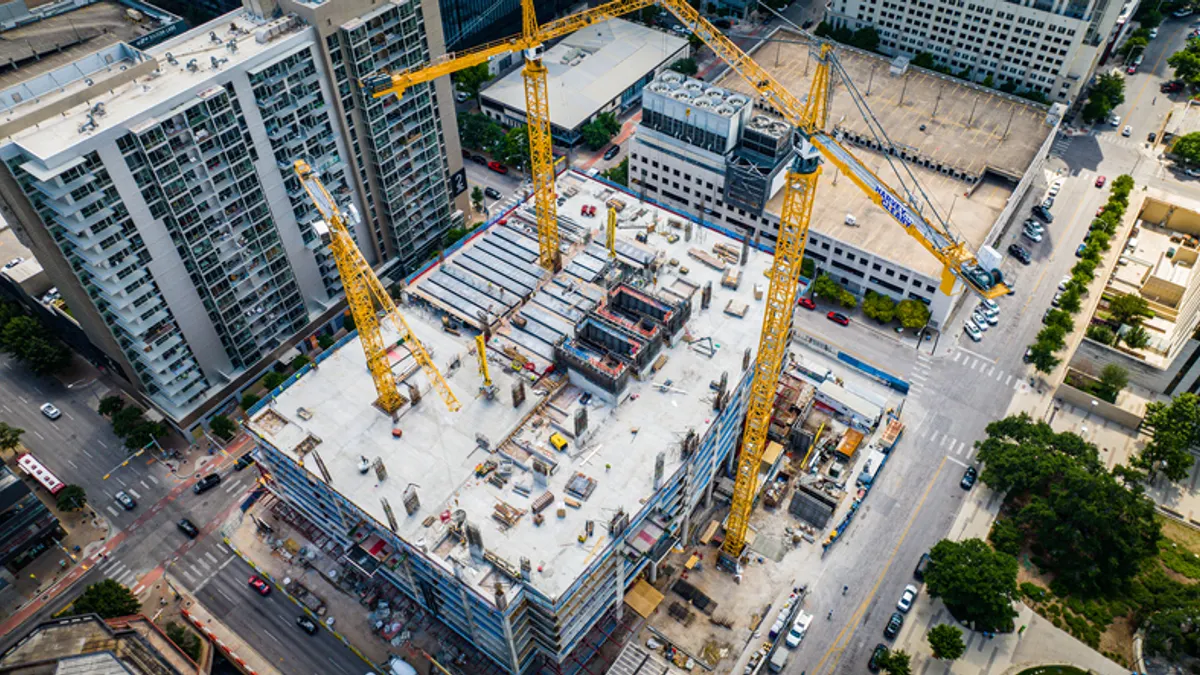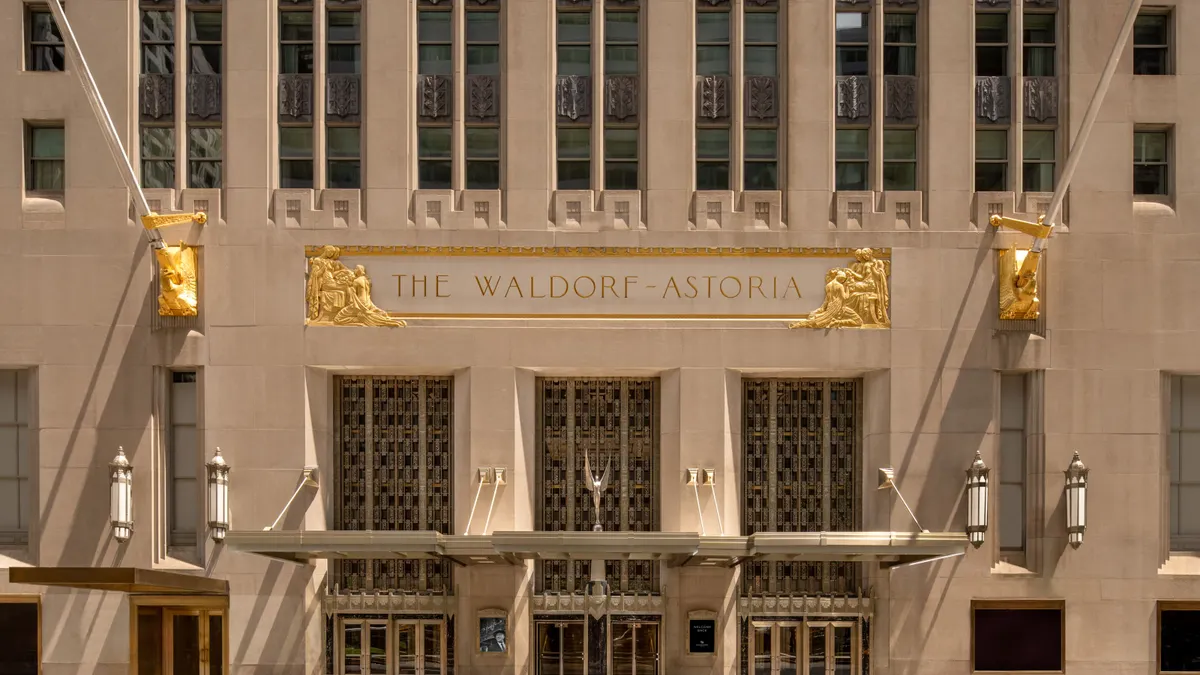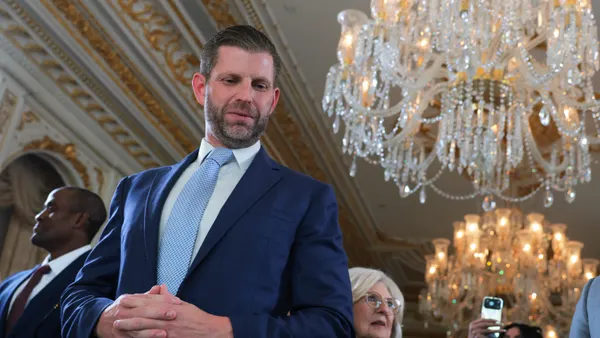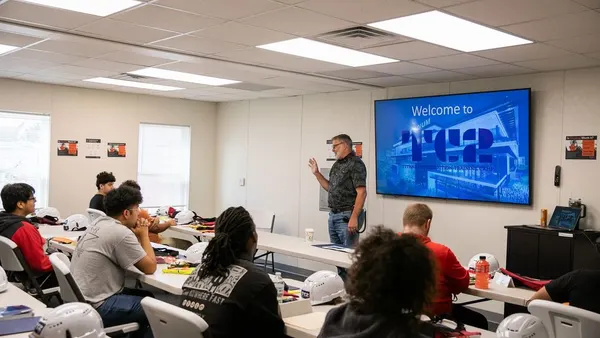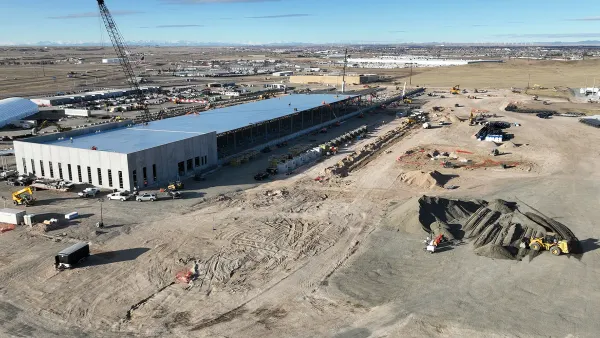Dive Brief:
- House Republicans revealed their tax reform bill on Thursday, which would eliminate the ability for state and local governments to use tax-exempt bonds as a way to finance sports stadiums, reports The Hill.
- According to Axios, public entities have used $13 billion of these types of bonds since 2000 to build sports venues, but a 2016 Brookings Institution study said the federal government lost $3.2 billion in tax revenue from 2000 to 2014 due to their use as a financing mechanism for 35 projects.
- Tax-exempt bonds usually come into play when states and municipalities desire to help team owners pay for venue upgrades or new construction, often as an enticement to keep the team from relocating to another city.
Dive Insight:
According to the Wall Street Journal, the Atlanta Falcons' new $1.5 billion Mercedes-Benz Stadium was the beneficiary of $200 million of public bond financing. In addition, the Las Vegas Stadium Authority (LVSA) and the Southern Nevada Tourism Infrastructure Committee (SNTIC) were planning on using tax-exempt bond financing to pay for their $750 million share of the Las Vegas Raiders' new $2 billion stadium, the Las Vegas Review-Journal reported.
A representative for the LVSA told the Review-Journal that using taxable bonds would make the project more expensive or decrease the yield and that they would have to recalculate the project's financials to ascertain the full impact on the project. The bonds, according to the Las Vegas Sun, would be backed by an increase in hotel room taxes along the Las Vegas Strip and in other areas of Clark County, NV. Investors in the stadium told Nevada officials back in August 2016 that if the state didn't provide the $750 million in public financing that the team would start looking for another host city.
In 2014, the Michigan Economic Development Corporation's Strategic Fund authorized $250 million in tax-exempt bonds to help finance construction of the Detroit Red Wings' Little Caesars Arena, according to The Detroit News. The bonds are partially backed by school property taxes. Then in May, the Strategic Fund gave the green light to an additional $36 million in bonds to pay for the additional construction costs of readying the venue for the NBA's Detroit Pistons, who decided to share the arena with the Red Wings.



